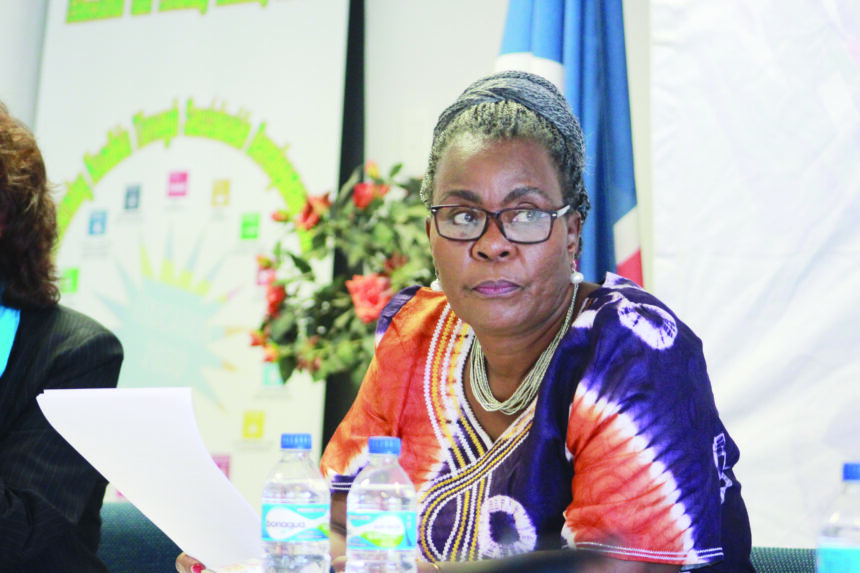Lahja Nashuuta
The Ministry of Education, Arts and Culture plans to spend close to N$8 billion to address current hiccups facing the country’s education system over the next seven years.
The ministry charter, launched at the end of last year, shows that N$7 269 247 000 will be acquired to improve the national education needs in terms of infrastructure, teacher capacity, learner and student support, digital education transformation, technical and vocational education and training curriculum reform as well as institution building.
Education minister Anna Nghipondoka stated that the charter serves as a working guide for the ministry and other stakeholders to speed up the implementation of the recommendations of the national education conference in 2022.
“The charter presents key education sector priorities for implementation over seven years, commencing 2023/24,” she
said.
The charter reveals that a total of N$4 537 474 will be channelled towards the construction of 4 550 permanent classrooms, 72 workshops and rooms for practical subjects, which includes resource units.
With the projected funds, the ministry further plans to construct 84 computer laboratories, 168 Science laboratories, 84 school libraries, 168 cooking shelters with storerooms, 600 classrooms constructed for early childhood development (Ages 4-6), 1 472 pre-primary classrooms and 928 ablution facilities, as well as provide about 300 schools with water and electricity.
The report further shows that N$853 000 has already been invested into the construction of education facilities during the 2023/2024 financial year.
In addition, N$1.6 million is predicted for further construction of classrooms this financial year.
An amount of N$112 064 is budgeted for skills development, while N$14 150 000 will be spent on enhancing the teaching and learning profession.
This includes the capacitating of 13 pre-service teachers’ education providers with aligned teacher training programmes, the development of the national teacher policy as well as the establishment of a professional teaching regulatory body.
The education charter shows that N$2 605 559 will be channelled towards the improvement of information and communication technology (ICT).
Through this programme, the ministry envisioned to improve access to universal, inclusive digital learning.
The ministry said the money will be used to boost online digital learning content for all (525) subjects developed, and develop a digital learning hub for all learners, teachers and parents.
It will equip all schools, learning centres and teacher resource centres with ICT devices (mobile computer lab).
The ministry further indicated its intention to equip all schools with free and secure access to Wi-Fi and internet connection as well as to provide IT equipment (Wi-Fi and laptop devices) support to students enrolled in higher education programmes.



